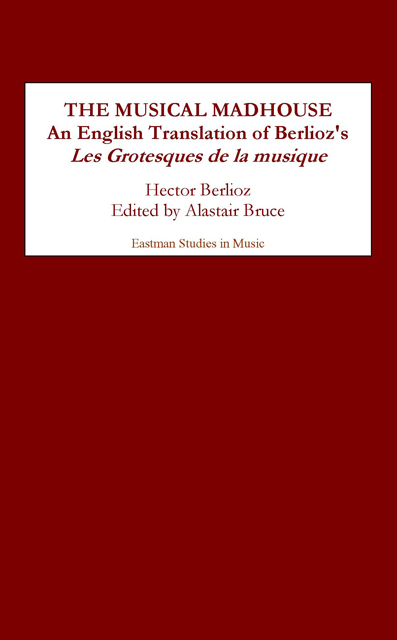The rhythm of pride
Published online by Cambridge University Press: 21 March 2023
Summary
A lady who’s a great expert in theology and also plays the piano very well has recently published an intriguing booklet on rhythm, in which among other entirely novel ideas the following passage occurs:
Beethoven’s music makes one love and take pleasure in despair (the author perhaps meant to say this music makes one love despair and take pleasure in it); in it one weeps tears of blood, not for the sufferings of a God who died for us, but rather for the eternal damnation of the Devil. Its rhythm is that of a pride which seeks after truth, begs for it indeed, but is unwilling to accept that truth on the conditions on which it has deigned to reveal itself to us. It is forever the Jew saying to the Redeemer: Come down from the Cross, and we will believe in you. Follow our whims, flatter our evil instincts, and we shall proclaim you the true God, otherwise… . “Crucify him!” These works put Him to death in our hearts, just as the Jews put Him to death on the Cross.
What a pity I’m not a theologian and a philosopher! If I were, I’m sure I’d understand all that—which must be splendid. However I do have my doubts about one of the points of the author’s doctrine. I have indeed often wept on hearing Beethoven’s works; it’s quite true that these tears are not prompted by the “sufferings of a God who died for us”, but I can put my hand on my heart without hesitation and swear they weren’t induced by the “eternal damnation of the Devil” either: I haven’t been friends with him for a long time.
- Type
- Chapter
- Information
- The Musical MadhouseAn English Translation of Berlioz's <i>Les Grotesques de la musique</i>, pp. 129Publisher: Boydell & BrewerPrint publication year: 2003



